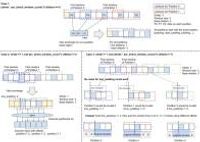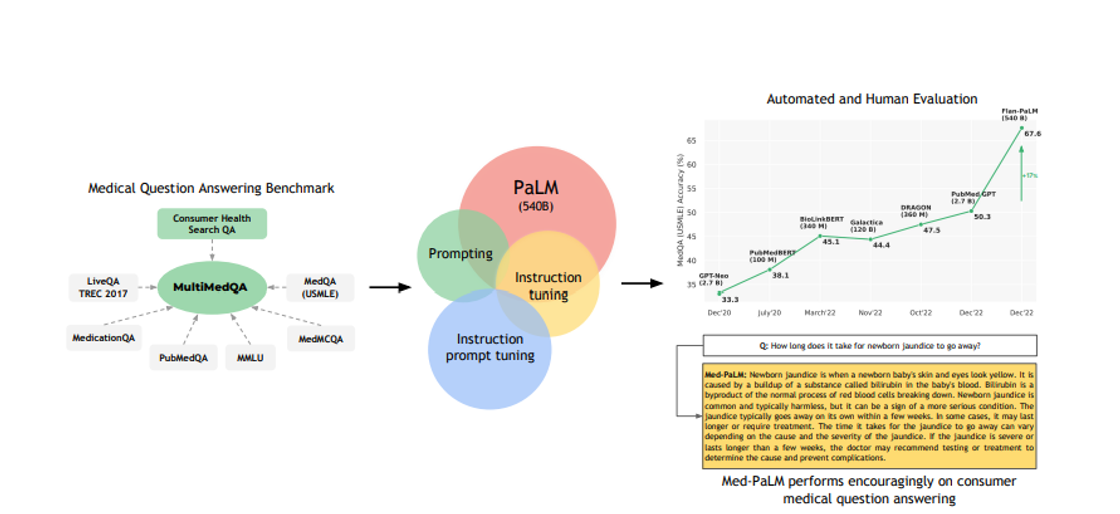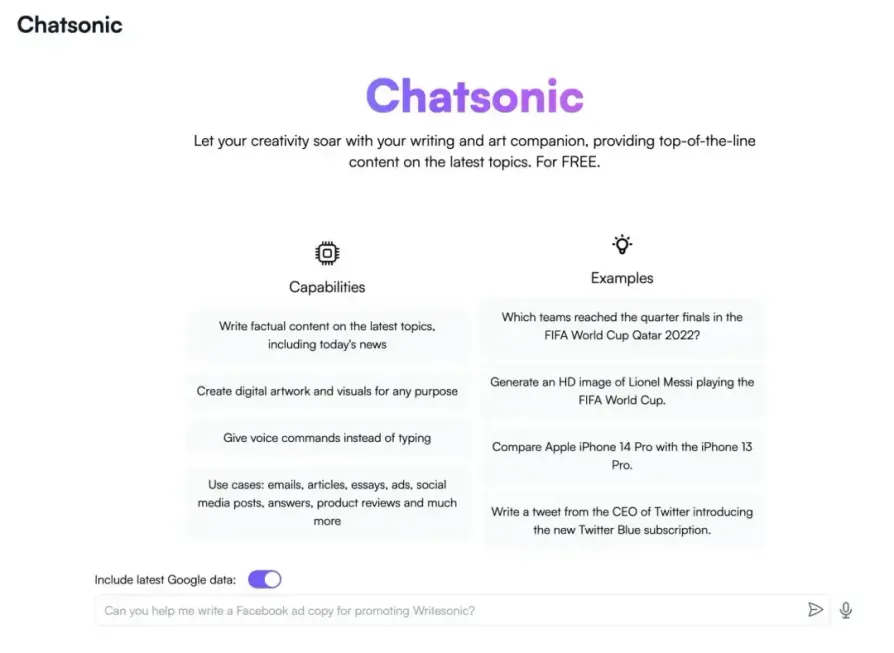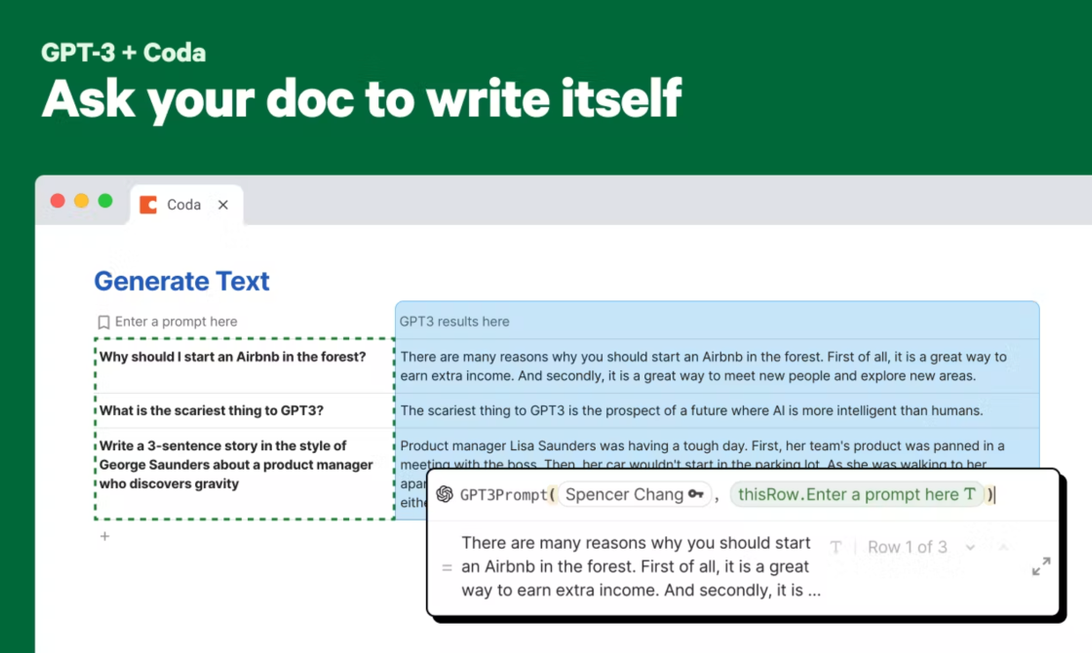

IBM Watson NLU is a powerful Natural Language Processing tool that is designed to enhance conversational AI applications. With its advanced capabilities in understanding and analyzing natural language, it has become an essential tool for developing chatbots, virtual assistants, and other conversational interfaces. The tool offers a range of features, including sentiment analysis, entity recognition, and intent classification, which enables developers to create more intuitive and engaging conversational experiences for their users. In this article, we will explore the key features and benefits of IBM Watson NLU, and how it is transforming the field of conversational AI.
The Microsoft Cognitive Toolkit, formerly known as CNTK, is a cutting-edge deep learning toolkit created by Microsoft. This toolkit enables developers to build highly efficient and scalable deep learning models for various applications such as speech recognition, image recognition, and language translation. The Microsoft Cognitive Toolkit has gained popularity among data scientists and developers due to its flexibility, performance, and ability to work seamlessly with popular programming languages such as Python and C++. This toolkit is a significant breakthrough in the world of artificial intelligence and machine learning and has greatly impacted the development of intelligent systems.
Spark MLlib is an open-source machine learning library that offers a wide range of tools for data processing, feature engineering, and predictive modeling. It is designed to work seamlessly with the Apache Spark platform, making it easy to scale up and accelerate the training of models on large datasets. With its extensive collection of algorithms, MLlib provides a powerful toolkit for solving a variety of machine learning problems, including classification, regression, clustering, and collaborative filtering. This introduction will provide an overview of Spark MLlib and its key features, highlighting its benefits for data scientists and developers alike.
SAP Leonardo ML is a cutting-edge technology that has transformed the way businesses approach digital transformation. With its powerful cognitive, analytics, and IoT capabilities, SAP Leonardo ML empowers customers to enhance their digital transformation capabilities and unlock new opportunities for growth and innovation. This revolutionary technology has already made a significant impact on various industries, offering unparalleled insights and solutions to businesses of all sizes across the globe. In this article, we will explore the key features and benefits of SAP Leonardo ML and how it can help businesses achieve their digital transformation goals.
DataRobot is a cutting-edge machine learning platform that automates the entire process of building, deploying, and maintaining predictive models. With its advanced algorithms and intuitive user interface, DataRobot makes it easy for businesses to leverage the power of machine learning without requiring extensive technical expertise. From data preparation and feature engineering to model selection and hyperparameter tuning, DataRobot takes care of everything, enabling organizations to focus on driving value from their data. Whether you're a data scientist or a business analyst, DataRobot provides a powerful toolset for unlocking insights and making data-driven decisions.
Fiddler AI is a revolutionary deep learning and analytics platform that has been tailored to enable businesses to efficiently run smart and profitable AI applications and services. Its advanced features and capabilities provide organizations with the ability to make informed decisions and optimize their business processes, leading to increased efficiency and profitability. With its user-friendly interface, Fiddler AI is an ideal solution for businesses of all sizes looking to leverage the power of AI to gain a competitive edge in their respective industries.

Google GShard
[2006.16668] GShard: Scaling Giant Models with Conditional Computation and Automatic Sharding

Med-PaLM
AI Powered Medical Imaging

Wolframalpha
Wolfram|Alpha: Computational Intelligence

Text To JSX
React – A JavaScript library for building user interfaces

Chatsonic
ChatSonic - A ChatGPT alternative with superpowers

Resume Worded
Resume Worded - Free instant feedback on your resume and LinkedIn profile

OpenAI For Coda
Automate hours of busywork in seconds with GPT-3 and DALL-E.

Unbounce
Smart Copy: AI Copywriting & Content Generator Tool | Unbounce
The Google Cloud Natural Language API is a powerful tool that utilizes artificial intelligence to provide advanced natural language processing capabilities. With features like sentiment analysis and entity recognition, the API can help businesses and developers gain valuable insights from text data. By analyzing the tone and emotion behind words, sentiment analysis can be used to gauge customer satisfaction or predict market trends. Entity recognition, on the other hand, allows for the identification of important people, places, and events within text. The Natural Language API is highly flexible and can be integrated into a variety of applications, from chatbots to social media analytics tools. Thanks to its machine learning capabilities, the API can continually improve its accuracy and provide increasingly nuanced insights over time. With the Natural Language API, businesses and developers can unlock the power of natural language processing and gain a deeper understanding of the world around them.
The Google Cloud Natural Language API is an AI-powered API that provides natural language processing capabilities like sentiment analysis and entity recognition.
The benefits of using Natural Language API include accurate sentiment analysis, entity recognition, and language detection, which can help businesses extract meaningful insights from text data.
Natural Language API uses machine learning algorithms to analyze the overall sentiment of a piece of text, identifying positive, negative, or neutral emotions.
Yes, Natural Language API can detect and extract entities such as names, places, organizations, and events mentioned in text.
Natural Language API supports a variety of programming languages, including Java, Python, Node.js, and Ruby.
Yes, Natural Language API is designed to be easy to integrate with existing applications, with APIs available for various programming languages.
Natural Language API can analyze various types of text data, including social media posts, customer reviews, and news articles.
Natural Language API has a high level of accuracy in sentiment analysis and entity recognition, with results that are comparable to those of human analysts.
Yes, Natural Language API supports several languages, including English, Spanish, French, German, and Japanese.
Yes, Natural Language API can be used for real-time analysis of text data, making it ideal for applications such as social media monitoring and customer service.
| Competitor | Description | Key Features | Pricing |
|---|---|---|---|
| Amazon Comprehend | An AWS service that performs natural language processing on text | Sentiment analysis, entity recognition, topic modeling, keyphrase extraction | $0.0001 per unit of text processed |
| Microsoft Azure Cognitive Services | A suite of APIs that includes natural language processing capabilities | Sentiment analysis, entity recognition, language detection, key phrase extraction | Free for up to 5,000 transactions per month |
| IBM Watson Natural Language Understanding | A cloud-based NLP service that analyzes text to extract metadata from content such as concepts, entities, emotion, relations, sentiment, and categories | Sentiment analysis, entity recognition, concept tagging, emotion analysis | Starting at $0.003 per unit of text processed |
The Natural Language API is a powerful tool developed by Google that provides natural language processing abilities such as entity recognition and sentiment analysis. This Artificial Intelligence (AI)-powered API can analyze text from different sources like social media, news articles, and e-mails, and extract valuable insights from it.
One of the key features of the Natural Language API is sentiment analysis, which helps businesses understand the emotional tone of their customers' messages. Sentiment analysis can be used to gauge reactions to product launches, identify customer dissatisfaction, and improve customer service.
Another important capability of the Natural Language API is entity recognition, which can identify people, places, organizations, and other relevant entities within a given text. This feature can help businesses to better understand customer feedback, track brand mentions, and identify potential influencers in their industry.
Furthermore, the Natural Language API can also perform syntax analysis, which can identify the grammatical structure of a sentence, including parts of speech, dependencies, and relationships between words. This can provide a more complete understanding of the meaning behind a sentence or phrase, which can be especially useful for applications like chatbots and virtual assistants.
In conclusion, the Natural Language API is an advanced tool that can provide valuable insights into the meaning and sentiment of customer feedback, helping businesses to create targeted marketing campaigns, improve customer support, and gain a competitive edge in their industry.
TOP